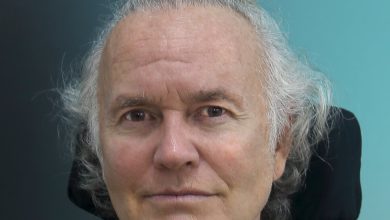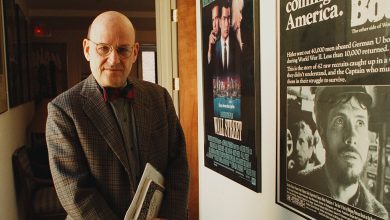Speaking Russian in America

In January 2022, I was planning a summer trip to Ukraine and Russia for my 4-year-old son and me.
I spent half of my childhood in Ukraine and half in Russia before moving to the United States when I was a teenager. When I became a parent, my one, obsessive goal — as a mother raising a child in America with a man who spoke only English — was to teach my son Russian. It wasn’t about his future résumé; it was because Russian forms such a deep-rooted part of my immigrant identity that I couldn’t imagine talking to my child in another language.
I spoke to him exclusively in Russian and found him a Russian-language day care. For three years, his Russian was better than his English. But when he turned 4 and made English-speaking friends, it started to slip. He started inserting English words in otherwise Russian sentences and talking to himself in English while playing alone.
Then, after a Christmas break with his American grandma, he spoke to me in English. I panicked. I decided he needed a full immersion as soon as possible.
A visit to Ukraine and Russia would allow him to see that his mother’s native language wasn’t a quirk of hers but something normal for millions of people. I told him he’d eat piroshki, see the circus and finally meet his cousins in Kyiv and Moscow.
One month later, Russian forces poured into Ukraine.
I did not immediately tell my son a war had started. I believe in telling children the truth, but I couldn’t even explain to myself why one of my homelands was invading the other, why my cousins in Kyiv were hiding in bomb shelters, why my cousins in Moscow were fleeing the country. Maybe I’d tell him once I had a better grasp of what was happening or, better yet, when it was over. I was certain that it wouldn’t — couldn’t — last long.
For two days, I called family in Ukraine in the early morning, before he woke up, and reserved my tears for nights. On the third day, we were hiking in a park when two American women approached and asked what language we were speaking. When I said, “Russian,” their faces contorted, and one of them said, “Oops,” as if they’d caught me doing something wrong.





